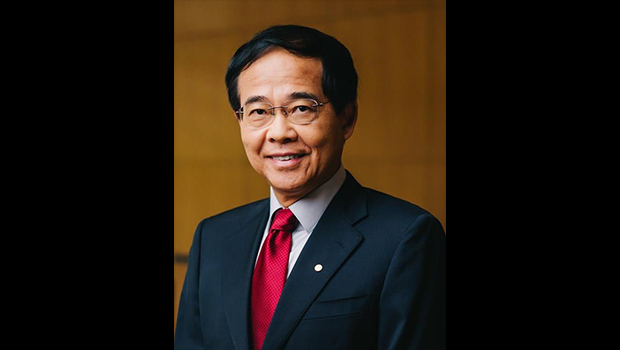
Professor Wang Linfa from the Emerging Infectious Diseases Programme at Duke-NUS has been elected to the Australian Academy of Science, an organisation representing Australia's leading scientists.
The Council had voted unanimously in support of Prof Wang's induction into the Academy as a Corresponding Member.
Corresponding Membership is a special category within the Fellowship, comprising eminent international scientists with strong ties to Australia who have made outstanding contributions to science.
Prof Wang is one of the two Corresponding Members admitted this year. They join 34 other Corresponding Members of the Academy, including Sir David Attenborough, Professor Elizabeth Blackburn and Sir Fraser Stoddard, who were elected in previous years.
President of the Australian Academy of Science Professor Chennupati Jagadish commended the new Fellows for their contributions to science.
"Fellows of the Australian Academy of Science are among the nation's most distinguished scientists, elected by their peers for ground-breaking research and contributions that have had clear impact," Prof Jagadish said.
"There is no greater professional honour than being recognised by your own peers and the leaders within your own field of research for your achievements."
Nicknamed "bat-man", Prof Wang is globally recognised for his stellar contributions to the field of emerging bat viruses and bat biology. His discoveries have been translated into biomedical innovations that have helped combat several viral outbreaks, from the Hendra virus in Australia to the current COVID-19 pandemic.
Prof Wang has also established bats as a model system to study zoonotic viral diseases. Knowledge of bats' unique immune system offers potential to better manage medical disorders in humans.
Prof Wang's breakthrough research has informed public health policies at national and international levels. He is also the inaugural Executive Director of the Programme for Research in Epidemic Preparedness and Response, Singapore, and has served on multiple World Health Organisation COVID-19 committees.
"It is a great honour for me to be inducted into the Academy. As a Corresponding Member of the Academy, I hope to inspire more youths to pursue science as a career. I would also like to act as a science ambassador to encourage greater collaboration between scientists in Australia and other nations, particularly those in Southeast Asia," said Prof Wang.
Professor Thomas Coffman, Dean of Duke-NUS, said, "We are extremely proud of Linfa's election to the prestigious Australian Academy of Science. This is well-deserved recognition of his stellar accomplishments and scientific leadership, especially in the area of pandemic preparedness. We anticipate that Linfa's scientific discoveries will impact the lives of patients in Singapore and around the world."
The Australian Academy of Science was founded in 1954 by Australian Fellows of the Royal Society of London, with the distinguished physicist Sir Mark Oliphant as founding President. The Academy will celebrate its 70th anniversary in 2024.
Get the Health Buddy App
© 2025 SingHealth Group. All Rights Reserved.













 Get it on Google Play
Get it on Google Play